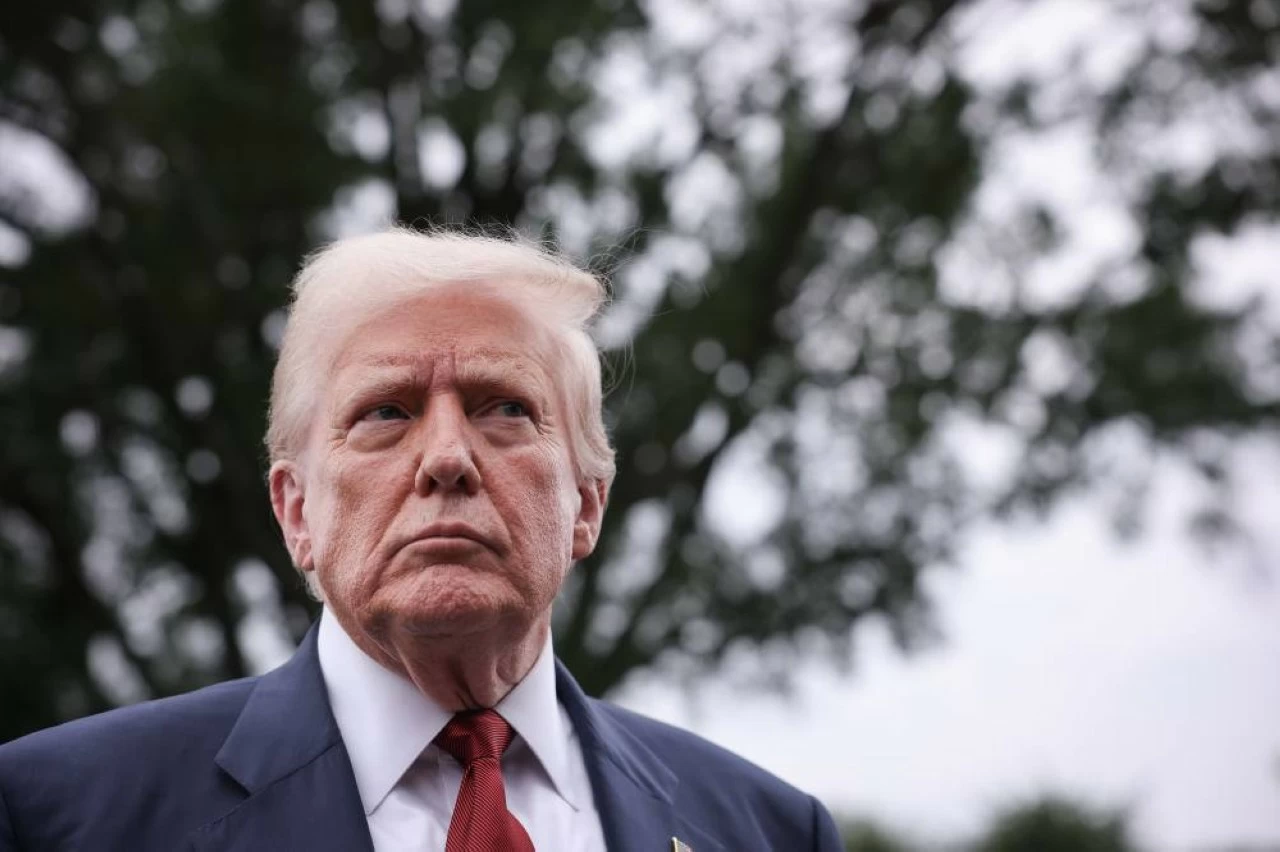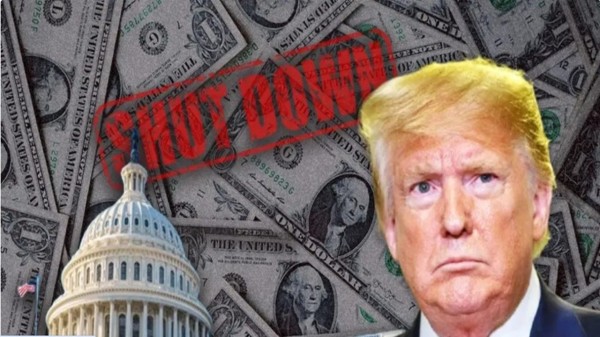

By signing in or creating an account, you agree with Associated Broadcasting Company's Terms & Conditions and Privacy Policy.


By signing in or creating an account, you agree with Associated Broadcasting Company's Terms & Conditions and Privacy Policy.

New Delhi: The United States will soon require some foreign nationals to pay bonds of up to $15,000 for some tourist and business visas under a newly announced pilot program. The 12-month initiative that starts from August 20 will include travellers from countries that are deemed to be "high-risk" according to the Department of Homeland Security (DHS).
The US State Department announced this decision on Monday. This program is a part of President Donald Trump's continued push for stricter immigration controls since returning to office in January. The policy will apply to select B-1 business and B-2 tourist visa applicants from nations with high visa overstay rates.
According to a notice set to appear in the Federal Register, consular officers will have the discretion to demand a bond ranging between $5,000 and $15,000 as a condition for visa issuance. This amount will be fully refunded if the traveller adheres to the visa terms. However, any violation, particularly overstaying the permitted duration, will lead to the forfeiture of the entire bond.
The policy also mandates that affected travellers must use designated US airports for entry and exit. The State Department cited reasons such as high overstay rates, weak screening mechanisms, and nations offering citizenship-by-investment without a residency requirement. According to reports, countries such as Chad, Eritrea, Haiti, Myanmar, Yemen, Burundi, Djibouti, and Togo could fall under the new rule.
A State Department spokesperson said that the bond pilot is "a key pillar of the Trump administration's foreign policy to protect the United States from the national security threat posed by visa overstays."
The US Travel Association estimates that the program will impact around 2,000 applicants. "If implemented, the US will have one of the highest visitor visa fees in the world," the travel association stated, noting that international travel interest is already on the decline, with transatlantic fares dropping and travel from Canada and Mexico falling by 20 per cent year-on-year.
A similar program was floated in 2020 during Trump's first term but was stalled following a steep drop in the global travel due to COVID-19 pandemic.












